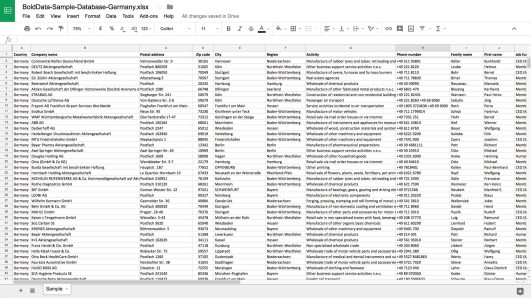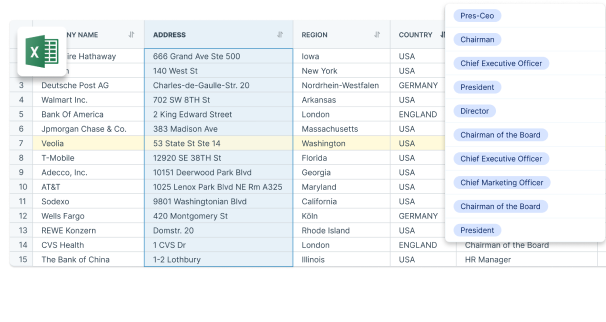5 Stand-out Features of Qualitative data You Should Know – Data plays a crucial role in forming meaningful insights and conclusions in the research world. Data is classified into two types: quantitative data and qualitative data. This article will focus on qualitative data, its characteristics, and its significance in the research.
Qualitative data is non-numerical data that explains concepts, opinions, and attitudes. Unlike quantitative data, which is objective and measurable, qualitative data is subjective and often relies on interpretation. This type of data is collected through methods such as interviews, focus groups, and observations.
Characteristics of Qualitative Data
Qualitative data is characterized by several features that differentiate it from quantitative data. These characteristics are as follows:
- Subjectivity: Qualitative data is subjective as it relies on individual interpretations and perceptions. Researchers must be aware of their biases while collecting and analyzing data.
- Open-ended: Qualitative data collection methods such as interviews and focus groups are open-ended, which allows participants to express their opinions and ideas freely.
- Contextual: Qualitative data is often collected within a particular context, which helps to provide a deeper understanding of the phenomenon being studied.
- Inductive: Qualitative data analysis is an inductive process, which means that researchers use the data to form theories and hypotheses rather than testing pre-existing theories.
- Richness: Qualitative data provides a rich understanding of the phenomenon being studied by collecting data from multiple sources and perspectives.
Significance of Qualitative Data in Research
Qualitative data plays a crucial role in research by providing an in-depth understanding of complex phenomena. It is particularly useful in exploratory research where the researcher is unsure about the research questions and aims to develop a theoretical framework. Qualitative data is also valuable in understanding social and cultural contexts, attitudes, and beliefs. It is used in disciplines such as anthropology, sociology, and psychology.
Qualitative data can also be used in conjunction with quantitative data to provide a more comprehensive understanding of the phenomenon being studied. This method is known as mixed-methods research and is becoming increasingly popular in the social sciences.
Get Qualitative Data from BoldData!
Qualitative data provides a rich and in-depth understanding of complex phenomena that cannot be obtained through quantitative data alone. Its subjective nature allows researchers to explore and understand social and cultural contexts, attitudes, and beliefs. Qualitative data is particularly useful in exploratory research and can be used in conjunction with quantitative data to provide a more comprehensive understanding of the research questions.
If you want to make your research more comprehensive, get qualitative data from us at BoldData!
Contact us for free tailor-made advice and an independent quote. Please call +31(0)20 705 2360 or send an e-mail to info@bolddata.nl.

